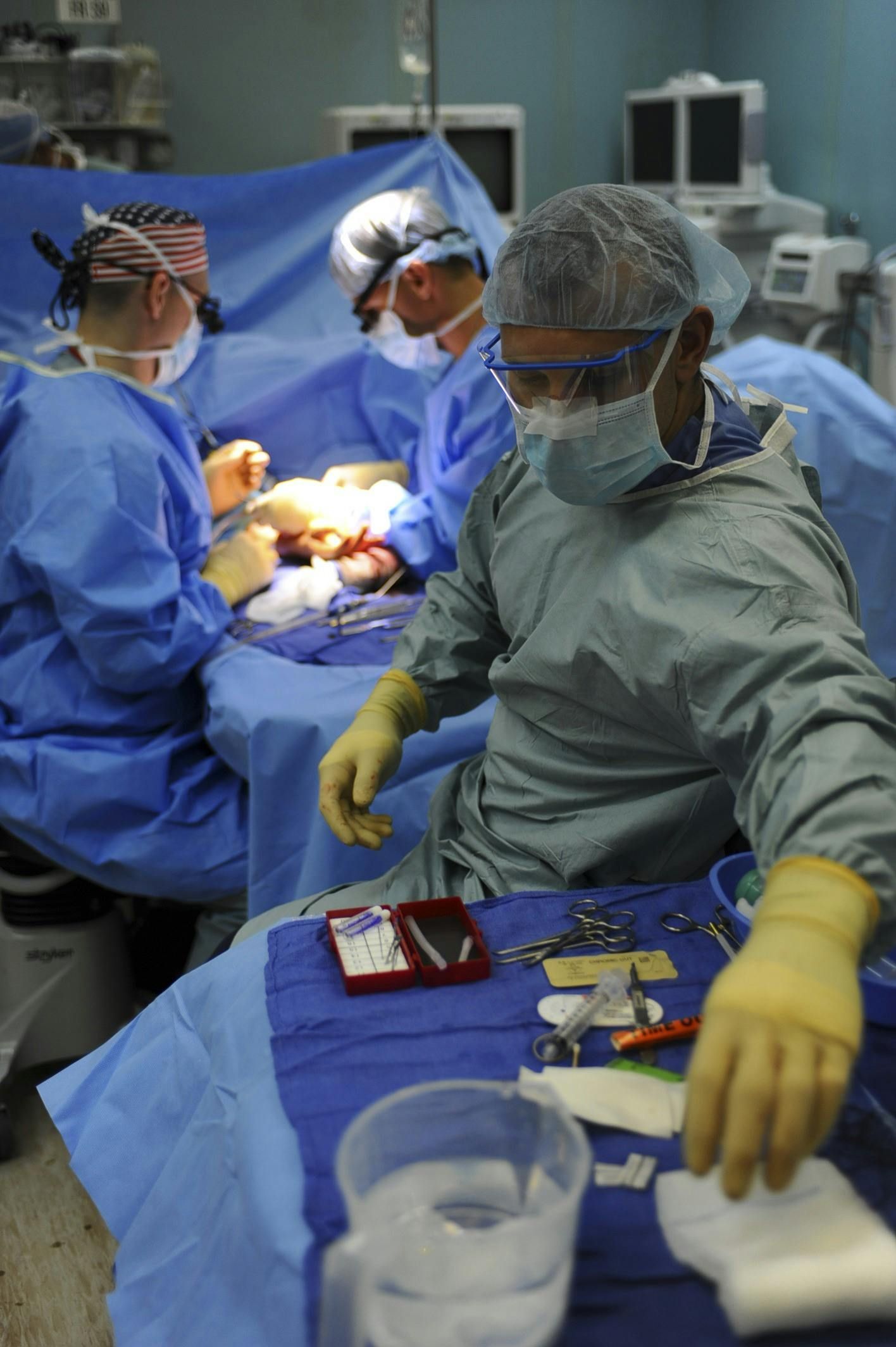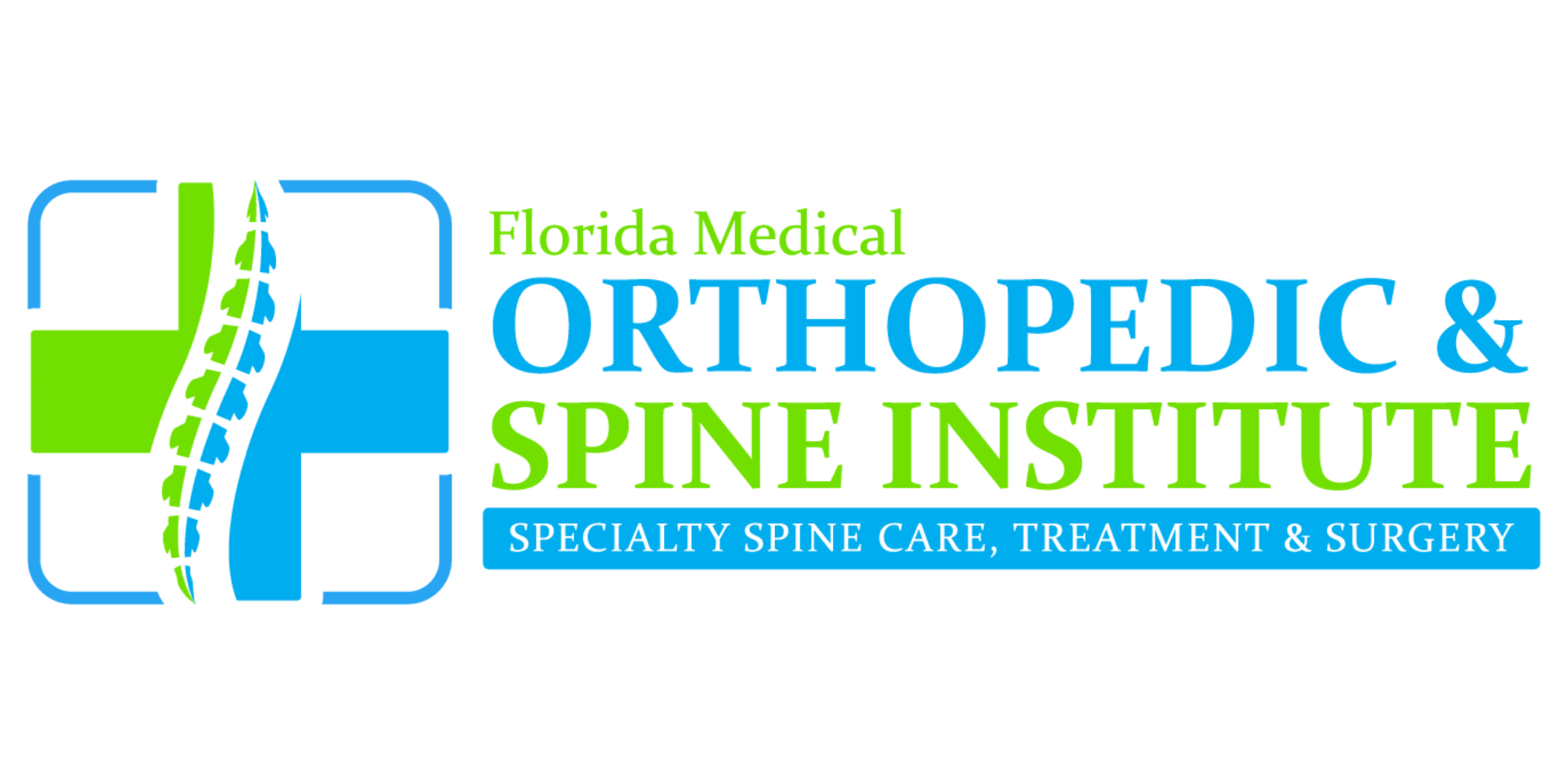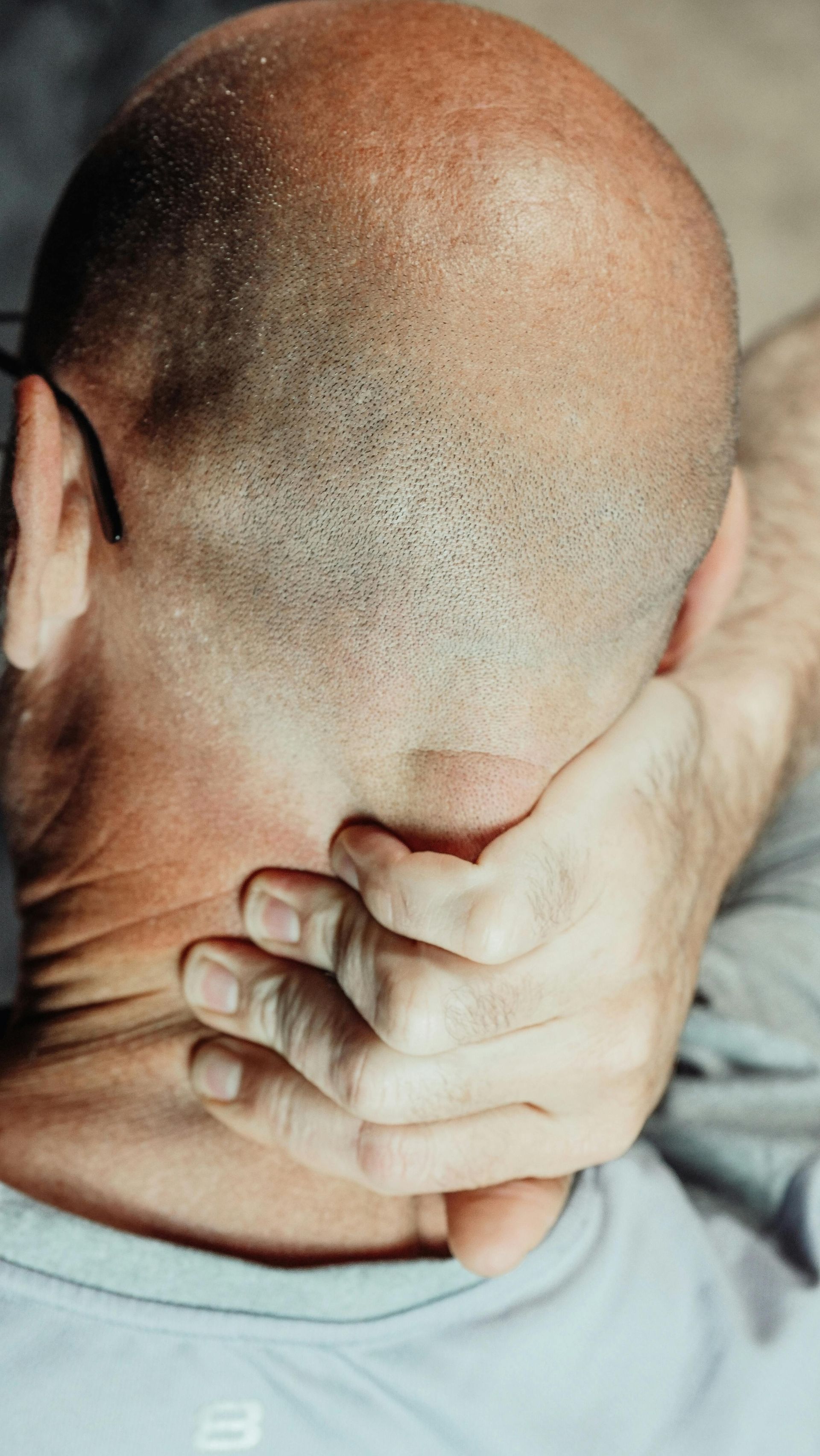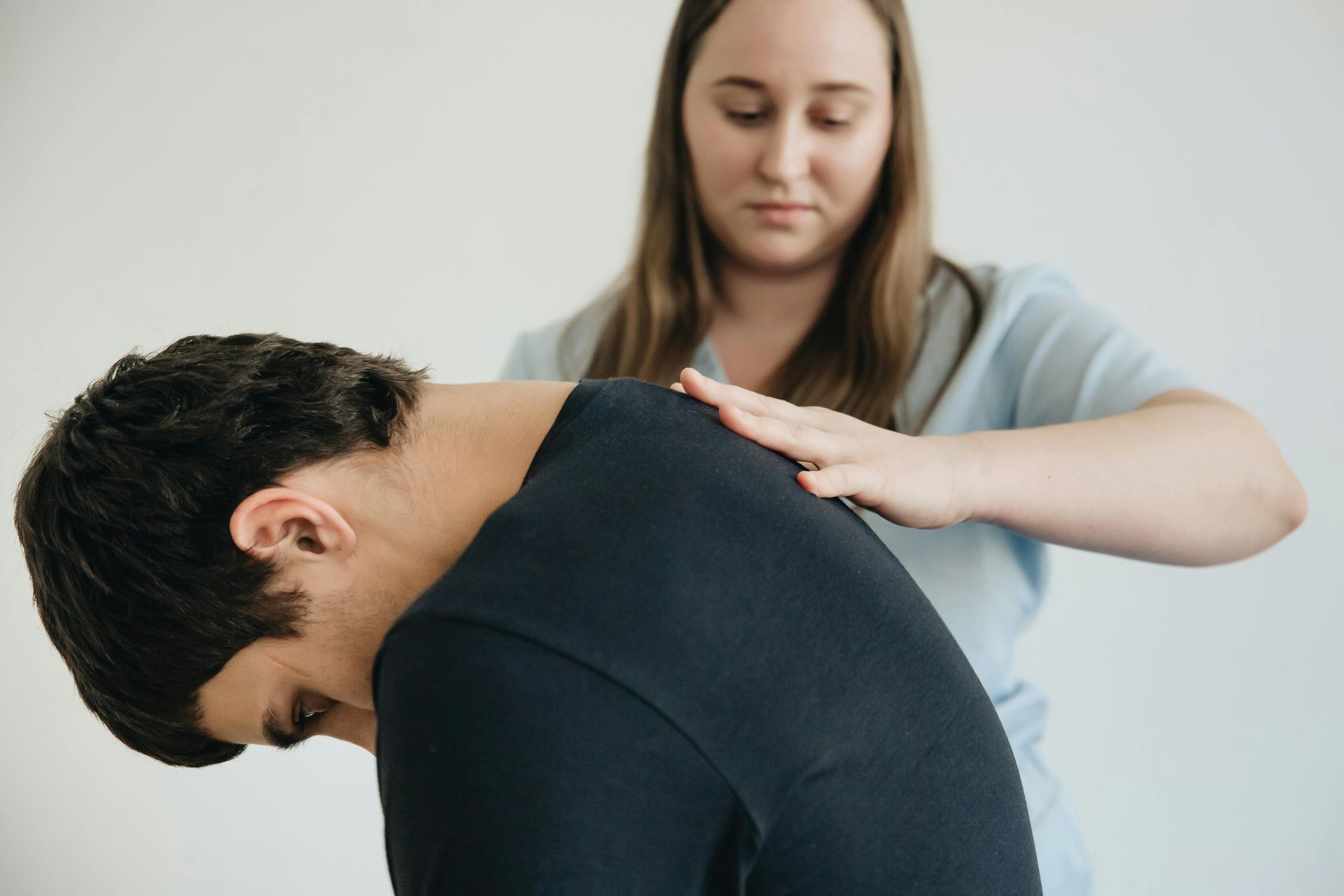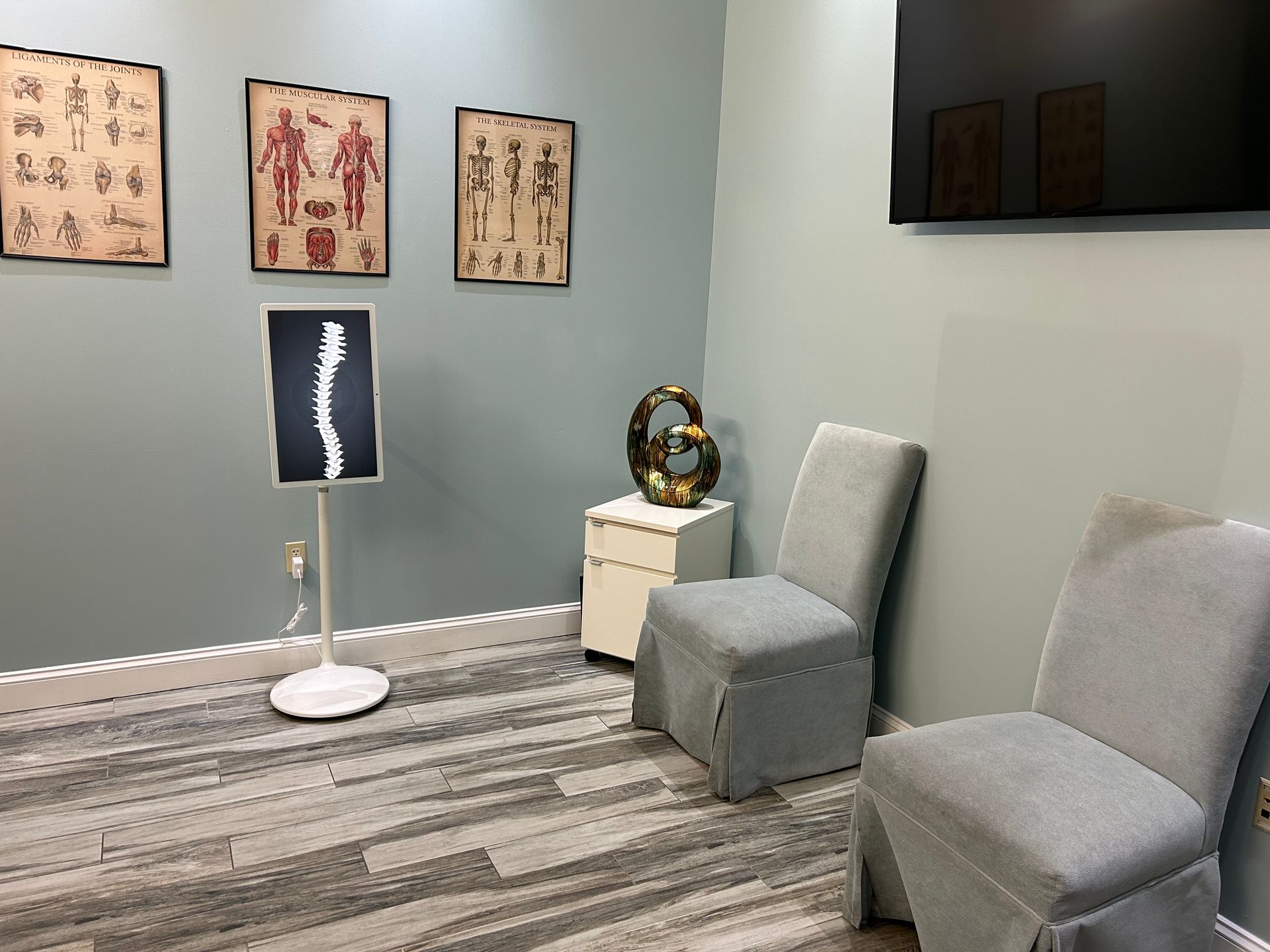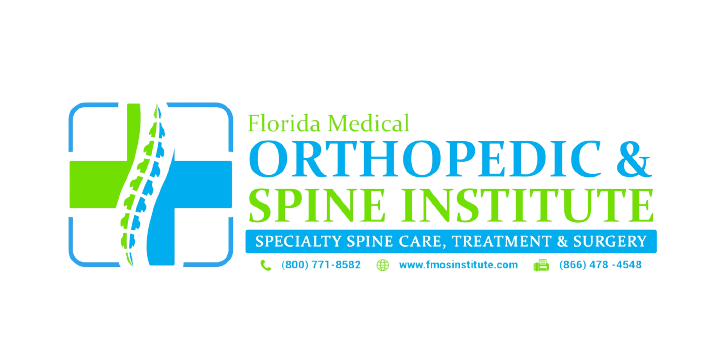Importance Of Medical Records in a Personal Injury Case
Unlock Justice: Why Medical Records Are Crucial for Injury Claims
Unlocking justice in injury claims starts with the critical role of medical records, particularly in the realm of pain management. At Florida Medical Orthopedic & Spine Institute, our experienced and compassionate physicians understand that detailed documentation of your musculoskeletal conditions is vital for establishing the extent of your injuries. Comprehensive medical records illuminate the severity of pain and functional limitations you face, thereby supporting your claims effectively. This evidence not only strengthens your case but also ensures you receive the necessary compensation for your recovery journey. Trust us to provide the expertise needed to navigate this complex process with empathy and skill.
Contact Us Today
Have a question? Looking for treatment? We’re here to help. Send us a message and we’ll be in touch.
The Indispensable Role of Medical Records in Your Personal Injury Case
If you've been injured due to someone else's negligence, your medical records are far more than just a history of your treatment – they are a cornerstone of your personal injury case. These documents provide critical, objective evidence that can significantly impact the outcome of your claim, from settlement negotiations to a court verdict. Here's why medical records are so vital:
1. Proving the Existence and Extent of Your Injuries:
- Official Documentation: Medical records are the primary way to officially document the injuries you sustained. They detail your diagnoses, the severity of your conditions, and the specific parts of your body affected.
- Objective Evidence: Unlike personal accounts alone, medical records are created by healthcare professionals and are generally viewed as unbiased and credible by insurance companies and courts.
- Tracking Progression: These records show the progression of your injuries over time, including any complications or improvements, providing a comprehensive picture of your physical condition.
2. Establishing Causation: Linking Your Injuries to the Incident:
- Timeline is Key: Medical records created shortly after an accident help establish a clear timeline, linking the incident directly to the injuries. Prompt medical attention and the resulting records can be crucial in demonstrating that the accident caused your injuries, rather than a pre-existing condition or a later event.
- Physician's Notes: Doctors often note the patient's account of how the injury occurred. This information within the medical record can support your claim regarding the cause of the injury.
3. Substantiating Your Claim for Damages:
- Medical Expenses: Your medical bills, which are part of your records, provide concrete proof of the financial costs associated with your treatment. This includes emergency room visits, hospital stays, surgeries, doctor's appointments, medication, and rehabilitative therapy.
- Future Medical Needs: Medical records can also project the need for future medical care, such as ongoing therapy, additional surgeries, or long-term medication. This is essential for calculating future damages to ensure you receive adequate compensation for long-term impacts.
- Pain and Suffering: While harder to quantify, the details in your medical records – descriptions of pain levels, limitations on daily activities, prescribed pain medications, and referrals to specialists like pain management doctors or mental health professionals – can help substantiate claims for non-economic damages like pain and suffering.
- Lost Wages and Earning Capacity: If your injuries prevented you from working, your medical records will document the period of disability and any permanent impairments that might affect your future earning capacity.
4. Countering Defense Arguments:
- Pre-existing Conditions: Insurance companies or the opposing party might argue that your injuries were due to a pre-existing condition. Comprehensive medical records can help differentiate between prior health issues and the new injuries or exacerbations caused by the accident.
- Severity of Injuries: Opposing parties may try to downplay the severity of your injuries. Detailed medical documentation, including diagnostic tests (X-rays, MRIs, CT scans), treatment plans, and physician's notes, can provide irrefutable evidence of the true extent of your harm.
- Gaps in Treatment: Consistent medical treatment, as documented in your records, demonstrates that you took your injuries seriously and followed medical advice. Conversely, unexplained gaps in treatment can be used by the defense to question the severity or causation of your injuries.
5. Supporting Expert Testimony:
- Medical experts often rely on your medical records to form their opinions regarding the nature and cause of your injuries, your prognosis, and the necessity of your medical treatment. These expert opinions can be powerful evidence in your case.
6. Facilitating Negotiations and Litigation:
- Stronger Negotiating Position: Well-documented injuries and damages, as evidenced by your medical records, put you in a stronger position when negotiating a settlement with an insurance adjuster.
- Evidence in Court: If your case goes to trial, your medical records will be critical pieces of evidence presented to the judge or jury.
In summary, your medical records are a vital narrative of your injuries and recovery. They provide the factual basis upon which much of your personal injury claim will be built and valued. Ensuring these records are accurate, complete, and properly presented is crucial for seeking fair compensation for the harm you have suffered. It is highly recommended to discuss the specifics of your medical records with an experienced personal injury attorney who can help you understand their significance in your unique case.
Don't Wait, Prioritize Your Health:
The moments following an accident can be chaotic, but prioritizing your health by seeking immediate medical attention is one of the most important decisions you can make. Even if you feel seemingly unharmed, hidden injuries can be lurking beneath the surface.
If you've been involved in an accident, don't delay. Visit your nearest emergency room, urgent care, or schedule an appointment with a personal injury doctor as soon as possible. At FMOS, we are dedicated to providing comprehensive and timely care to accident victims, ensuring you receive the diagnosis, treatment, and support you need to recover fully.
Your health matters. Don't let precious hours pass without getting the medical attention you deserve.
Contact Us Today
Have a question? Looking for treatment? We’re here to help. Send us a message and we’ll be in touch.

